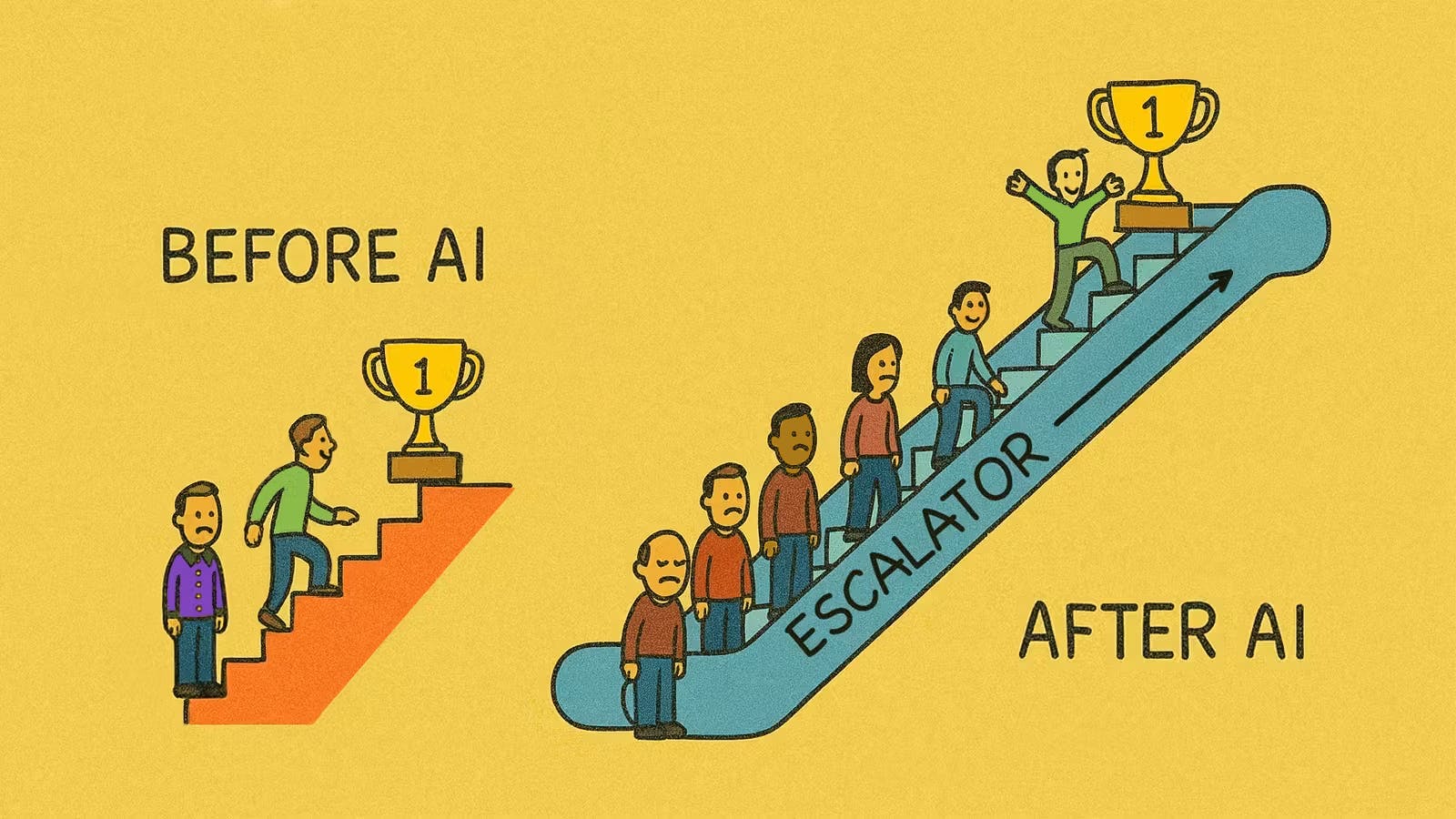In 1930, the economist John Maynard Keynes predicted that automation and other expressions of technological progress would lead to a 15-hour workweek by the early 21st century.
In his essay Economic Possibilities for Our Grandchildren, he wrote:
The economic problem may be solved, or be at least within sight of solution, within a hundred years. … Thus for the first time since his creation man will be faced with his real, his permanent problem — how to use his freedom from pressing economic cares, how to occupy the leisure, which science and compound interest will have won for him.
Now that we're coming up on the 100th anniversary of that essay, it's safe to say Keynes' prediction wasn't just wrong in magnitude, but wrong in direction as well.
Many of us today work longer hours than people did in the 1930s, especially today's high earners. And that's not because technology failed to advance, but because the advances were available to everyone. This is a distinction with a difference because for most of us, the purpose of work isn't just to do better in life. It's to do better than others.
This is the leverage paradox. New technologies give us greater leverage to do more tasks better. But because this leverage is usually introduced into competitive environments, the result is that we end up having to work just as hard as before (if not harder) to remain competitive and keep up with the joneses.
Enter AI

Before AI, we had to beat our competitors to the top of a staircase. It was tricky to climb because we had to ascend the steps manually, writing our own words, designing our own graphics, producing our own sounds, and coding our own software.
Now, AI has turned that staircase into an escalator. Which is easier to climb! Yay!
Except… the leverage paradox means we all have to climb way higher to get to the top while competing against many more people.
Those who understand this paradox — not just intellectually but in a deep, intuitive way — are the few who will make it to the top of the escalator. And those who don't will be the ones at the bottom.
We're watching this unfold in real time:
We can all now produce blog posts, social media images, lifelike videos, and even halfbaked web apps in under 5 minutes.
Problem is, the lion's share of this content is utter slop. Including stuff that might've been acceptable before the web got flooded by AI models that all talk the same, draw the same, think the same, and hallucinate the same.
It feels like AI slop is everywhere:
Search engine results pages filled with low-effort, SEO-farm articles
An endless conveyor belt of Studio-Ghibli-style images on social feeds
AI reply spam on every comment section
Faceless channels on YouTube, TikTok, and Instagram splicing lazy stock footage with same AI narration voices from ElevenLabs
It's easy to recognize this problem and to make snarky comments about it online. But as the saying goes:
You aren't stuck in traffic; you are traffic.
Resisting the urge to turn your brain off and output an additional unit of AI slop for the internet to roll its eyes at is hard. Because it's hard to adopt a new technology while continuing to put in the same hours and the same effort you put in before the technology was introduced.
But that's why the leverage paradox is the leverage paradox. And that's why only a small fraction of us will get ahead with AI while the rest of us fall behind.
Winning in the AI era
I have two pieces of advice for indie hackers who don't want to get seduced into complaceny with all the new AI tools:
1. "One-hundred-shot" your projects
One of the main reasons for all the AI slop is that everyone's trying to "one-shot" everything. Which is a huge missed opportunity.
Generative AI gives us incredible first drafts to work with, but few people want to put in the additional effort it requires to make work that people love.
So instead of trying to one-shot your next blog post or code implementation, start thinking like an actual craftsman and prepare to add 10 or even 100 extra coats of paint to the starting material given to you by some AI model.
2. Be a purple cow
Seth Godin's classic marketing concept has never been more useful to indie hackers than it is today:
When my family and I were driving through France a few years ago, we were enchanted by the hundreds of storybook cows grazing on picturesque pastures right next to the highway.
Then, within twenty minutes, we started ignoring the cows. … Cows, after you’ve seen them for a while, are boring. They may be perfect cows, attractive cows, cows with great personalities, cows lit by beautiful light, but they’re still boring.
A Purple Cow, though. Now that would be interesting.
Ghibli images are cows. AI replies are cows. Most AI videos are cows. And the same goes for much of the rest of the code and content produced by AI.
So make your stuff stand out. It doesn't have to be "better." It just has to be different.